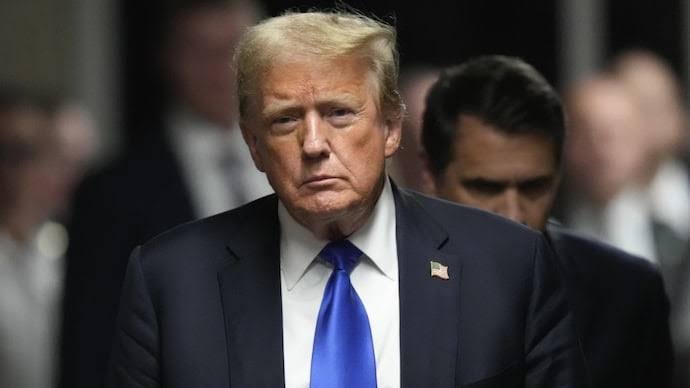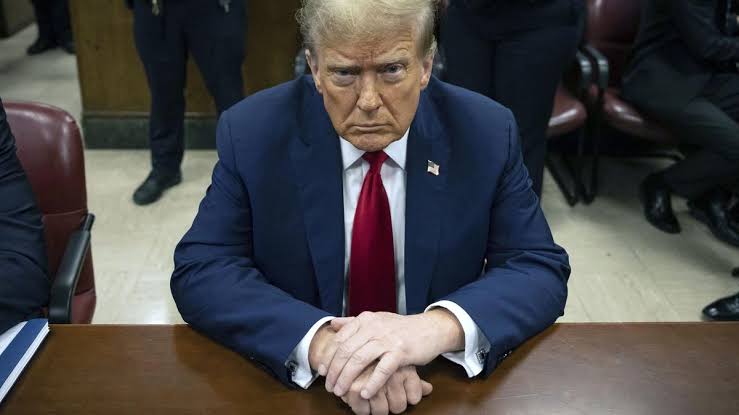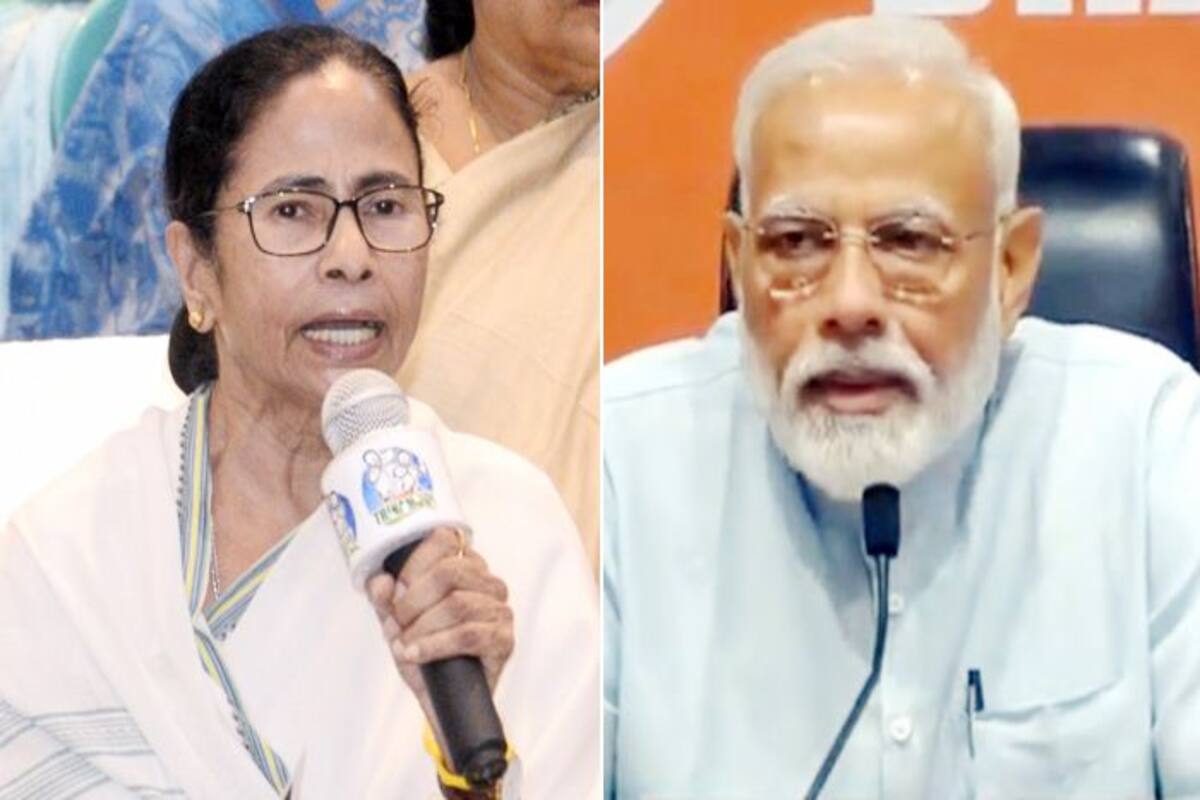President-elect Donald Trump was formally sentenced on January 10, 2025, in the Manhattan hush money case, but Judge Juan M. Merchan chose not to impose any punishment. Despite being convicted on all 34 felony counts of falsifying business records, Mr. Trump received an unconditional discharge, allowing him to assume the presidency without legal constraints.
 The case revolved around allegations that Mr. Trump falsified business records to hide a $130,000 payment to adult film actress Stormy Daniels during his 2016 presidential campaign. Daniels claimed the payment was intended to silence her allegations of a past affair, which Mr. Trump denies. His defense argued that the payment was made to protect his family, not his campaign, and labeled the charges as politically motivated.
The case revolved around allegations that Mr. Trump falsified business records to hide a $130,000 payment to adult film actress Stormy Daniels during his 2016 presidential campaign. Daniels claimed the payment was intended to silence her allegations of a past affair, which Mr. Trump denies. His defense argued that the payment was made to protect his family, not his campaign, and labeled the charges as politically motivated.
A Precedent-Setting Conviction
Judge Merchan had the authority to sentence the 78-year-old Republican to up to four years in prison. Instead, he issued a sentence that sidestepped constitutional challenges, making Mr. Trump the first convicted felon to take office as president.
The sentencing marked the conclusion of a high-profile trial that lasted nearly two months, during which the jury heard sordid details about alleged efforts to shield Mr. Trump’s reputation from damaging claims during his political ascent. Despite these revelations, voters re-elected him in November 2024.
Legal and Political Challenges
Prosecutors, led by Manhattan District Attorney Alvin Bragg, described Mr. Trump’s actions as serious offenses undermining electoral integrity and New York’s financial marketplace. Mr. Trump’s team fought vigorously to overturn the conviction or delay sentencing, arguing that the case could infringe on his presidential transition. However, their efforts were ultimately dismissed, including a 5-4 Supreme Court ruling rejecting a last-minute bid to postpone sentencing.
Judge Merchan emphasized the need for finality, balancing the jury’s verdict with the public expectation that “no one is above the law.” He also considered the Supreme Court’s ruling on presidential immunity, which had complicated aspects of the case.
Other Legal Cases Stalled or Closed
In the wake of Mr. Trump’s election, other criminal investigations have either ended or stalled. Federal cases involving classified documents and efforts to overturn the 2020 election were dropped by special counsel Jack Smith. Meanwhile, a Georgia election interference case remains uncertain after the removal of prosecutor Fani Willis.
With the legal battles behind him, Mr. Trump is now set to return to the Oval Office, making history as a president convicted of a felony but unimpeded by sentencing.




